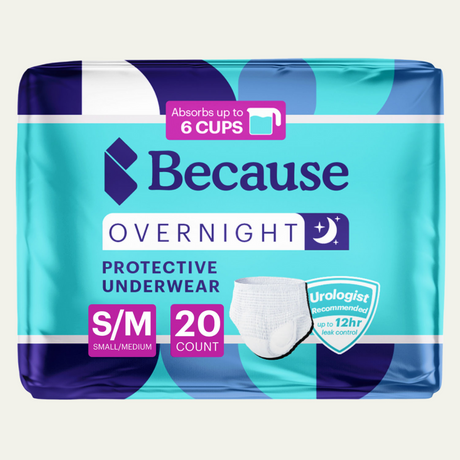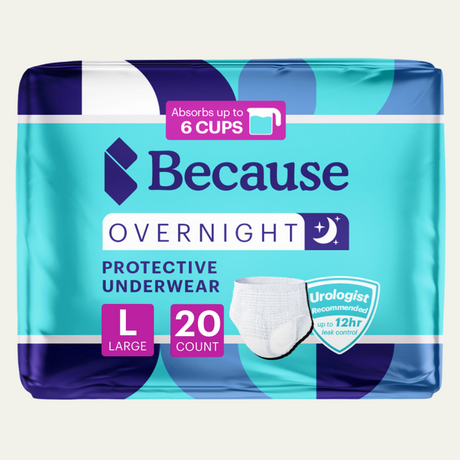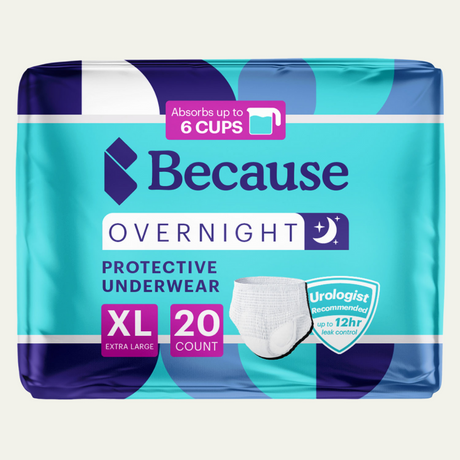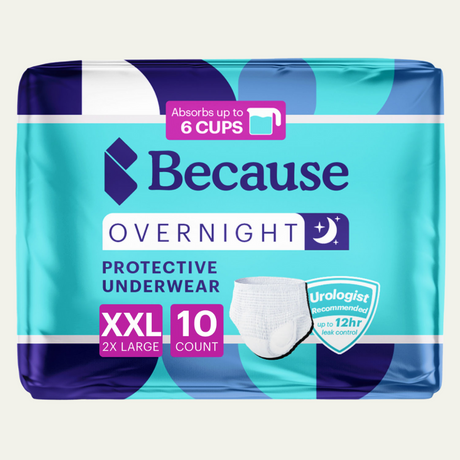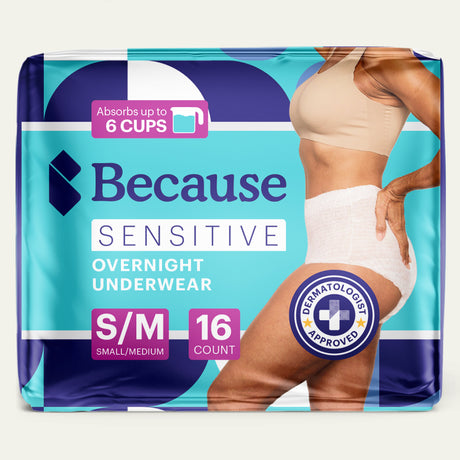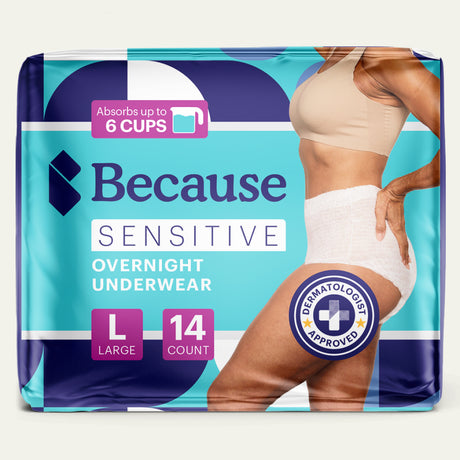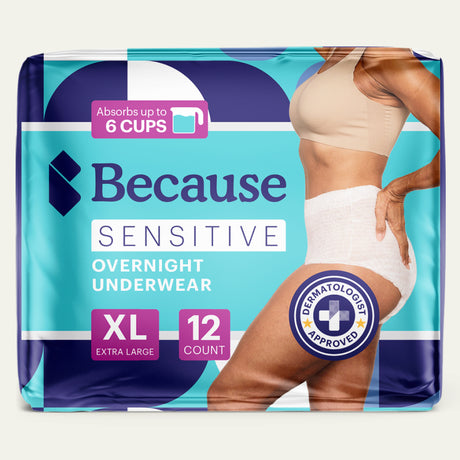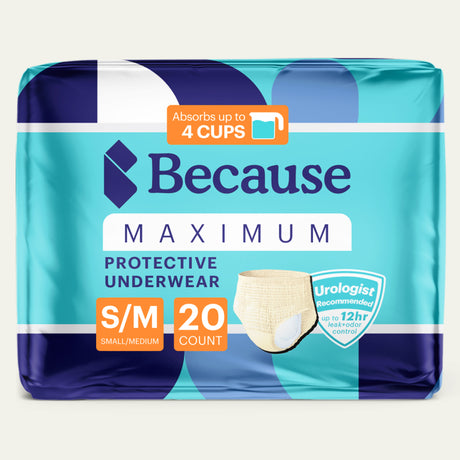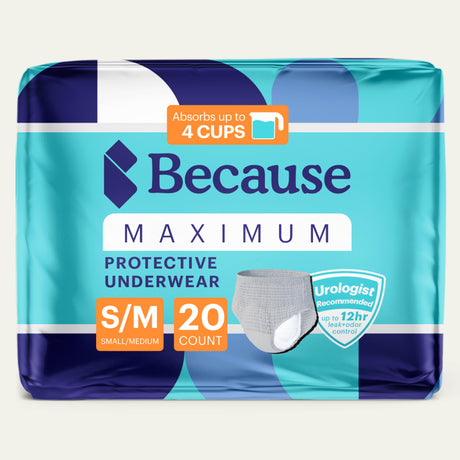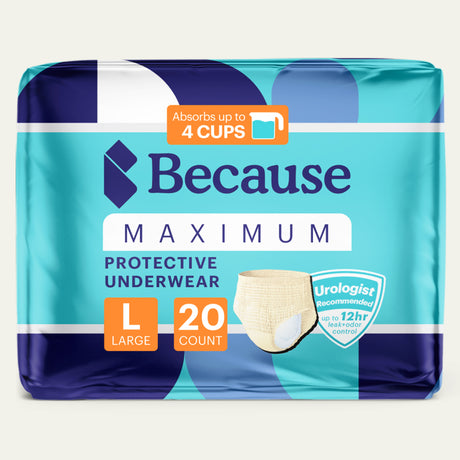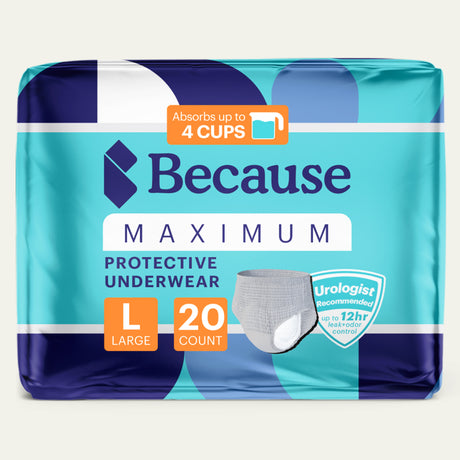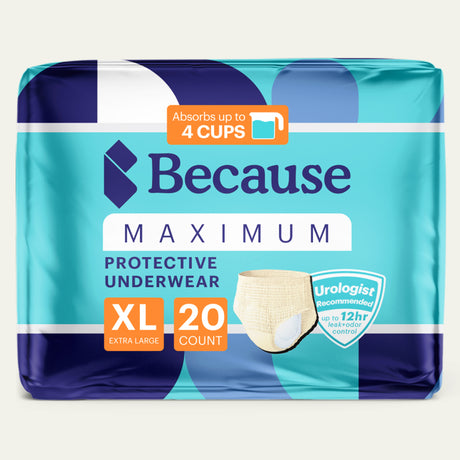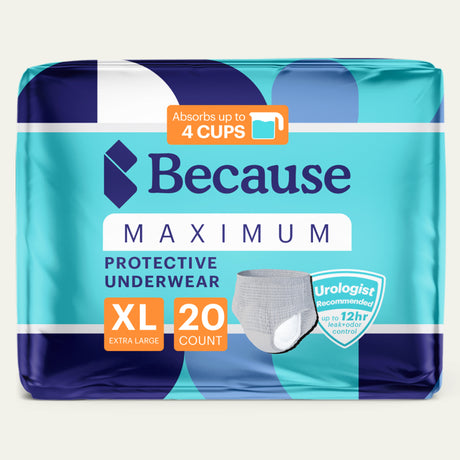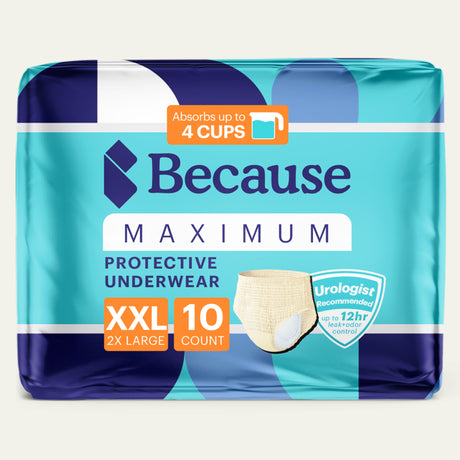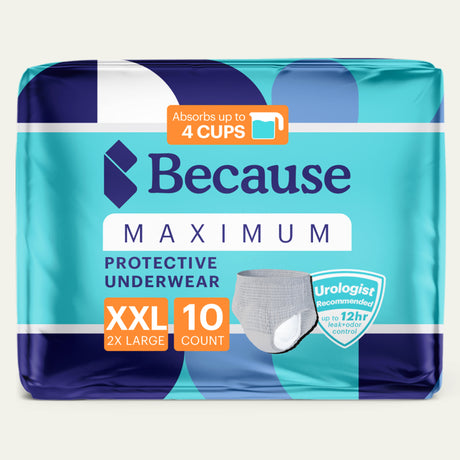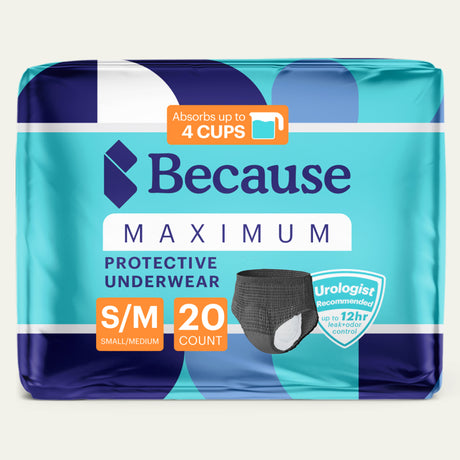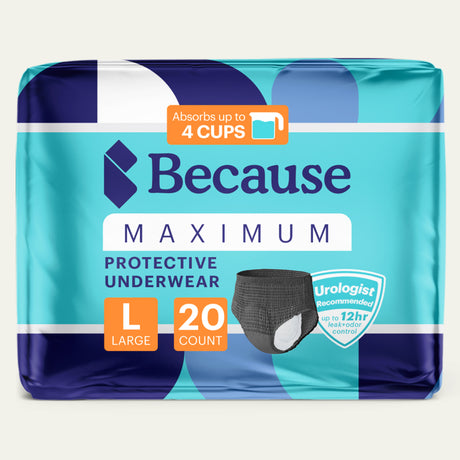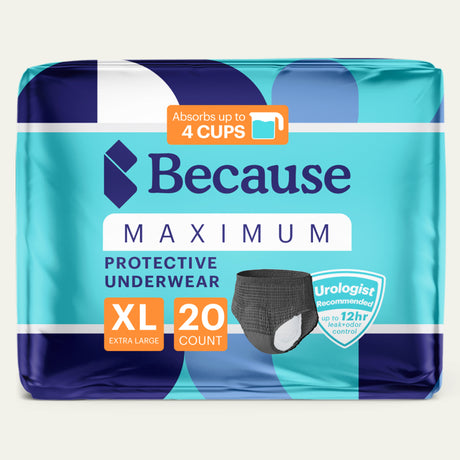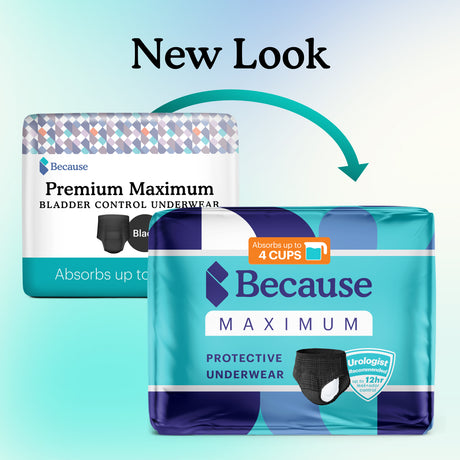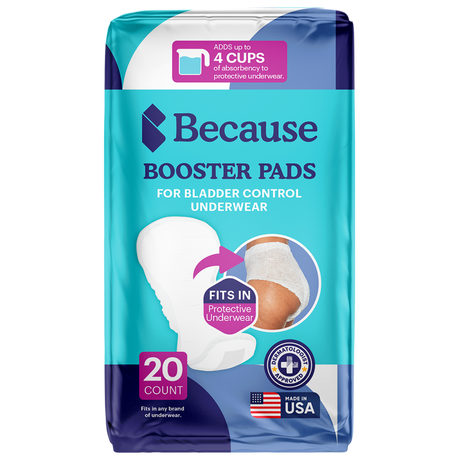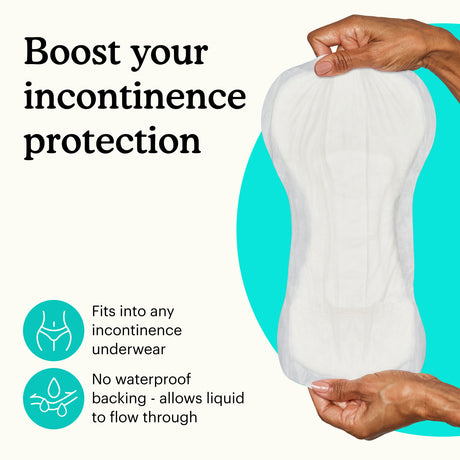Taking care of your bladder is about more than avoiding discomfort—it’s a key aspect of overall health that impacts your daily life. Whether you’re dealing with bladder leaks, recurring UTIs, or aiming to improve vaginal health, small adjustments to your habits can make a big difference. As we step into 2025, it’s the perfect time to reassess and refresh your approach to bladder wellness with practical, science-backed strategies. From strengthening pelvic muscles to choosing bladder-friendly foods, building better habits can enhance your comfort, confidence, and well-being.
Key Takeaways:
- Building better bladder habits is essential for overall health and can help prevent common issues like bladder leaks, UTIs, and discomfort. By making small adjustments, such as strengthening pelvic muscles and optimizing hydration, you can improve bladder function and confidence in daily life.
- Bladder health is deeply connected to vaginal health, making it vital to maintain balance through proper hygiene, pH management, and probiotic support. Addressing both areas together ensures comprehensive well-being and reduces the risk of recurring problems.
- Innovative products, mind-body practices, and proactive care strategies make it easier than ever to manage and improve bladder health in 2025. From leak-proof underwear to stress-reducing techniques like yoga, there are a variety of tools to help you thrive with confidence and comfort.
The Importance of a Healthy Bladder
Your bladder plays a vital role in maintaining your overall health and comfort, yet it’s often overlooked until issues arise. Prioritizing bladder health can help prevent common problems like leaks and infections, while also supporting your body’s natural balance and well-being.
Why Bladder Health Matters for Everyone
Bladder health affects everyone, regardless of age or gender, as it plays a crucial role in overall comfort, confidence, and daily function. A healthy bladder ensures the proper storage and release of urine, helping your body eliminate waste efficiently. When bladder health is compromised, it can lead to discomfort, leaks, or infections, which may disrupt your daily activities and quality of life. By understanding its importance and adopting preventive care practices, you can avoid common issues and maintain better long-term health.
Impact on Vaginal and Overall Health
Bladder health and vaginal health are closely connected, sharing anatomical proximity and influencing one another’s well-being. Poor bladder habits or recurrent urinary tract infections can disrupt the natural balance of vaginal flora, increasing the risk of irritation or infections. Likewise, maintaining vaginal health through proper hygiene and pH balance can support a healthier urinary system. By caring for both, you can create a stronger foundation for overall health, improving comfort and reducing the likelihood of recurring issues.

Reducing Bladder Leaks Through Better Habits
Bladder leaks can be frustrating and disruptive, but they’re often manageable with simple lifestyle adjustments. By adopting better daily habits, you can strengthen your pelvic floor, improve bladder control, and regain confidence in your routine.
Strengthening Pelvic Floor Muscles
Strong pelvic floor muscles are essential for maintaining bladder control and reducing leaks. These muscles support the bladder, urethra, and other pelvic organs, helping regulate urinary function. Exercises like Kegels are a simple and effective way to strengthen the pelvic floor, improve muscle tone, and enhance bladder control over time. By incorporating these exercises into your routine, you can build a solid foundation for better bladder health and overall confidence.
Optimizing Daily Hydration
Proper hydration is key to maintaining a healthy bladder, but striking the right balance is crucial. Drinking enough water helps flush toxins from your urinary system, reducing the risk of infections and irritation. However, overhydrating or consuming bladder-irritating beverages like caffeine and alcohol can increase urgency and discomfort. By choosing the right fluids and spacing your intake throughout the day, you can keep your bladder functioning at its best without overburdening it.
Timing and Monitoring Bathroom Visits
Establishing a healthy bathroom routine is essential for optimal bladder function. Holding urine for too long can strain your bladder, while going too frequently may weaken its capacity over time. Monitoring your bathroom habits and aiming for a balanced schedule helps train your bladder to function efficiently and comfortably. By paying attention to these patterns, you can reduce leaks, urgency, and other common bladder issues.
Preventing UTIs Through Proactive Care
UTIs cause at least 8 million doctor’s visits in the US per year alone. Urinary tract infections are not only uncomfortable but can also lead to more serious complications if left untreated. Focusing on hygiene, nutrition, and early prevention strategies can significantly reduce your risk and keep your urinary system healthy.
Proper Hygiene Practices
Maintaining proper hygiene is critical for preventing urinary tract infections and promoting overall bladder health. Simple practices, like wiping front to back, using gentle, fragrance-free products, and keeping the genital area clean and dry, can help minimize the risk of irritation and infection. Consistent hygiene habits create a protective barrier against harmful bacteria, supporting both bladder and vaginal health.
Foods That Support Bladder Health
The foods you eat can have a significant impact on your bladder health. Incorporating bladder-friendly options like berries, leafy greens, and probiotic-rich yogurt can help reduce inflammation and promote urinary system balance. Avoiding common irritants like spicy foods, citrus fruits, and artificial sweeteners can also minimize bladder discomfort. By choosing a nutrient-rich diet tailored to support bladder function, you can enhance your overall well-being and reduce the risk of leaks or infections.
Recognizing Early Signs of UTIs
Recognizing the early signs of a urinary tract infection (UTI) is essential for prompt treatment and preventing complications. UTIs often begin with mild symptoms that can escalate quickly if left untreated. By identifying these warning signs, you can seek care early and protect your bladder health.
Common early signs of a UTI include:
- Frequent urination: A sudden or persistent need to urinate more often than usual.
- Burning sensation: Pain or discomfort when urinating.
- Cloudy or strong-smelling urine: Noticeable changes in urine clarity or odor.
- Lower abdominal pain: A dull ache or pressure near the bladder.
- Blood in urine: Pink, red, or brown discoloration in your urine.
- Fever or chills: Indications of a more advanced infection spreading beyond the bladder.
If you notice these symptoms, it’s important to consult a healthcare provider promptly to confirm the diagnosis and begin treatment.

Improving Vaginal Health for Bladder Wellness
Your bladder and vaginal health are intricately connected, making it essential to care for both to maintain balance and avoid infections. By nurturing vaginal health through pH management, probiotics, and thoughtful practices, you can also support better bladder function.
Maintaining a Balanced pH
Maintaining a balanced pH is crucial for both vaginal and bladder health, as an imbalance can increase the risk of infections and irritation. A healthy vaginal pH typically ranges from 3.8 to 4.5, creating an environment that supports beneficial bacteria and prevents harmful ones from thriving. To maintain this balance, focus on habits like avoiding harsh soaps, wearing breathable fabrics, and staying hydrated. Additionally, consuming pH-friendly foods, such as yogurt with live cultures and plenty of water, can help support a natural and healthy equilibrium.
The Role of Probiotics
Probiotics play a vital role in maintaining bladder and vaginal health by supporting the balance of beneficial bacteria in your body. These "good" bacteria help prevent harmful microorganisms from thriving, reducing the risk of urinary tract infections and other imbalances. Foods like yogurt, kefir, and fermented vegetables, or supplements containing strains like Lactobacillus and Bifidobacterium, can promote a healthy microbiome. Incorporating probiotics into your routine is a simple and effective way to support your overall urinary and vaginal health.
Intimacy and Bladder Health
Intimacy can impact bladder health, especially when it comes to the risk of urinary tract infections (UTIs). During sexual activity, bacteria can be introduced into the urinary tract, increasing the chance of infection. To reduce this risk, it’s important to practice good hygiene by urinating before and after intercourse, staying hydrated, and considering the use of barrier methods if needed. With thoughtful care, you can enjoy intimacy while protecting your bladder health.
Expert-Recommended Lifestyle Tips for 2025
The latest innovations and lifestyle trends make 2025 an ideal time to optimize your approach to bladder and vaginal health. With modern products, mind-body practices, and practical tips, you can create sustainable habits that promote comfort and wellness in the years to come.
Innovative Products for Bladder and Vaginal Care
Innovative products for bladder and vaginal care are making it easier than ever to support your health and confidence. Bladder control supplements, often formulated with natural ingredients like pumpkin seed extract or magnesium, help improve bladder function and reduce leaks. Vaginal probiotics containing targeted strains like Lactobacillus promote a healthy microbiome, which supports both vaginal and bladder health. pH-balanced cleansers provide gentle hygiene without disrupting the body’s natural balance, reducing irritation and infection risks. Additionally, advanced bladder protection products, such as breathable pads and leak-proof underwear, offer discreet and comfortable solutions for managing leaks. These products empower individuals to take control of their health with ease and convenience.
Incorporating Mind-Body Practices
Mind-body practices can play a significant role in improving bladder and vaginal health by reducing stress and enhancing muscle control. Activities like yoga and Pilates strengthen the pelvic floor, promoting better bladder control and reducing leaks. Mindfulness techniques, such as meditation and deep breathing, help lower stress levels, which can contribute to overactive bladder symptoms. Incorporating these practices into your routine not only supports physical health but also fosters relaxation and emotional well-being.
Caring for your bladder and vaginal health is an investment in your overall well-being, and small, intentional changes can lead to lasting improvements. By adopting better habits, integrating supportive products, and practicing mindfulness, you can reduce discomfort, prevent common issues like leaks and UTIs, and enhance your quality of life. As 2025 unfolds, take the opportunity to prioritize your health and embrace these strategies for a stronger, healthier you. Building better bladder habits is not just about managing symptoms—it’s about thriving with confidence and comfort every day.
Frequently Asked Questions
Q: How much water should I drink daily to maintain bladder health?
Aim for 6-8 glasses of water per day, or about 1.5-2 liters, depending on your activity level and environment. Avoid overhydration, as it can lead to frequent urination and bladder strain.
Q: Can I prevent bladder leaks without medication?
Yes, lifestyle changes like practicing pelvic floor exercises (e.g., Kegels), maintaining a healthy weight, and avoiding bladder irritants like caffeine and alcohol can help reduce bladder leaks naturally.
Q: What are the best foods for supporting bladder health?
Foods like berries, bananas, green vegetables, and probiotic-rich yogurt are excellent for bladder health. Avoid spicy foods, artificial sweeteners, and citrus fruits, which may irritate the bladder.
Q: How do probiotics help with bladder and vaginal health?
Probiotics promote a balanced microbiome by encouraging the growth of beneficial bacteria, which can reduce the risk of UTIs and maintain vaginal pH balance. Look for products with strains like Lactobacillus rhamnosus or Lactobacillus reuteri.
Q: What are signs that my bladder habits need improvement?
Frequent urgency, leaks, burning during urination, or recurring infections are signs that you may need to adjust your bladder habits. Consider adopting better hydration practices, improving hygiene, and consulting a healthcare provider if symptoms persist.
Q: What role does stress play in bladder health?
Stress can exacerbate bladder issues like urgency or overactive bladder by affecting the muscles that control urination. Mind-body practices, such as yoga or meditation, can help manage stress and improve bladder function.
Q: Are there any new products for managing bladder leaks?
Yes, innovative products like leak-proof underwear, breathable pads, and bladder control supplements offer discreet and effective ways to manage leaks. Look for options designed with comfort and sustainability in mind.
Q: How often should I practice Kegel exercises?
To see results, aim for 3 sets of 10 repetitions daily. Consistency is key to strengthening your pelvic floor muscles and improving bladder control over time.
Q: When should I see a doctor about bladder health concerns?
Consult a healthcare provider if you experience recurring UTIs, persistent bladder leaks, pain during urination, or blood in your urine. Early intervention can help prevent more serious issues.


